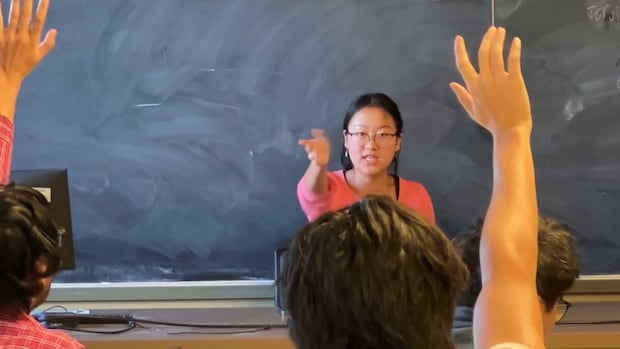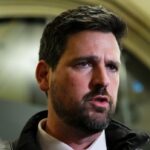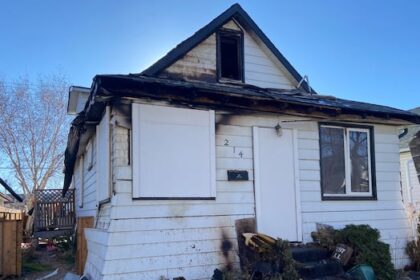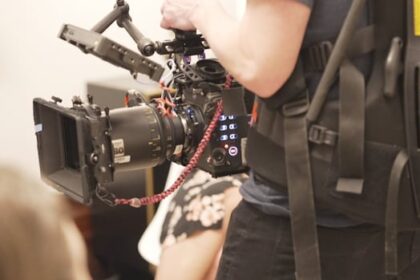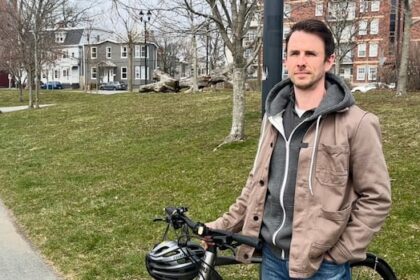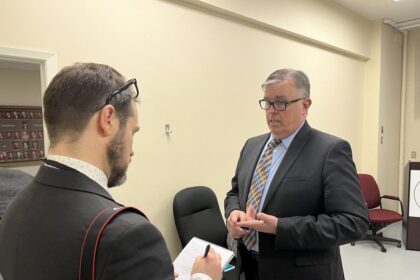Nova Scotia·NewWhile these debates at the tournament are more structured than real-life discussions, it has provided valuable real-life lessons for the dozens of students from across Canada taking part. More than 170 students participated in Canadian Universities Debating Championships in Halifax this weekendJosh Hoffman · CBC News · Posted: Nov 24, 2025 9:04 AM EST | Last Updated: 1 hour agoListen to this articleEstimated 3 minutesThe audio version of this article is generated by text-to-speech, a technology based on artificial intelligence.Students participating in the 2025 Canadian Universities Debating Championships in Halifax said they’ve learned how to communicate with people they disagree with in a ‘post-truth society.’ (Josh Hoffman/CBC)University students involved in debate clubs say communicating with people they disagree with has helped them navigate the polarized times we’re living in.The 2025 Canadian Universities Debating Championships were hosted at Dalhousie University in Halifax this weekend.More than 170 students from schools across the country participated in the tournament, disputing a wide variety of topics with each other.“That’s the big thing as young people, like knowing how to speak to others, knowing how to engage civilly and maybe not on such an emotional level, but also conveying things that are important to us,” said Meghan Runge, a fourth-year environmental science student at Dalhousie and the tournament’s tabulations officer. The fall semester championship is based on the British parliamentary style of debating, Runge said. Four teams in a room take turns debating a subject.“It’s kind of structured in a way where you have two teams on government and two teams on opposition with a front and a closing half to the debate,” Runge said. Meghan Runge, a fourth-year Dalhousie student and a tournament organizer, said a good portion of debating is listening. (Josh Hoffman/CBC)While these debates are more structured than real-life discussions, they have provided valuable real-life lessons for the young adults taking part.University of New Brunswick student Nathaniel Hawkes said he’s learned it’s helpful to leave emotion out of some discussions and focus on finding consensus.“You might not agree on how to solve a housing crisis, or something, if you’re arguing with your uncle about politics,” said Hawkes, who is studying philosophy and political science.“You probably do agree that people should have houses, and finding that common ground and then building from there is very useful.” Knowing when not to debateA good portion of debating is listening, Runge said. She said it’s important to pay attention to what the person on the other side is saying so you can engage them on the topic you’re talking about. “Like when you’re playing Ping-Pong, when you’re playing tennis, you don’t just whack the balls across the table. You’re going back and forth,” she said.Runge said being empathetic to another person’s point while being clear about what’s important to you can help you talk through a disagreement.“We kind of live in a world where facts aren’t seemingly enough to convince people. It is very emotional,” she said.Nathaniel Hawkes, a University of New Brunswick student, said being on a debate team has forced him to consider his own biases on some topics. (Josh Hoffman/CBC)That isn’t always possible in a “post-truth society,” according to Hawkes, who is queer and Indigenous. “I think the most important thing that debate teaches young people … is what debates not to take,” he said.Hawkes said it is typically not a good idea to engage people who take stances on issues, such as human rights, that aren’t based on facts.He said giving them a platform through debate legitimizes their beliefs and they don’t intend on listening to what anyone else thinks.“A lot of the time in far-right populism, they’re not here to have a meaningful discussion with you and working around that is very important to youth,” he said. MORE TOP STORIESABOUT THE AUTHORJosh Hoffman is a reporter for CBC Nova Scotia. Josh worked as a local radio reporter all over Canada before moving to Nova Scotia in 2018.
Debate clubs teaching university students how to communicate during polarized times
